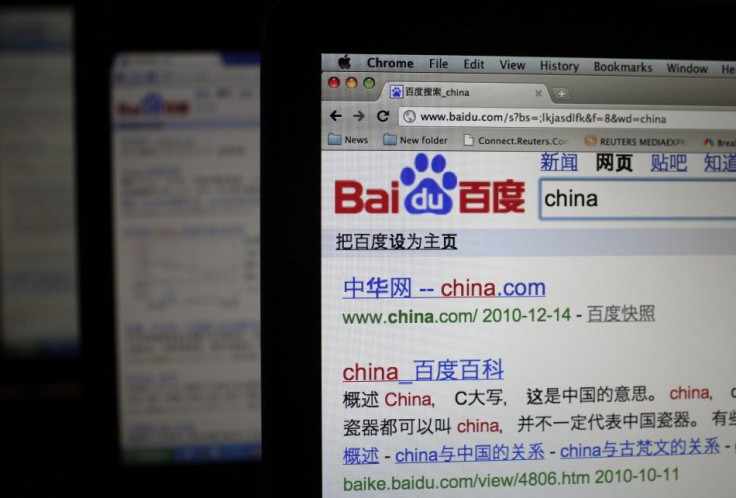China's Hudong seeks anti-monopoly probe against Baidu

Chinese encyclopedia website Hudong.com said it is requesting the country's anti-monopoly watchdog to conduct an investigation into peer competition. Hudong.com is alleging that Baidu Inc. (NASDAQ: BIDU) is using its dominant position in China's search engine market to negatively impact search results related to its competitors.
Hudong.com has requested the State Administration for Industry and Commerce of the People's Republic of China to impose a fine of 790 million yuan ($120 million) on Baidu as a result of the alleged wrongdoing.
Hudong.com said it has submitted an application to the authorities requesting for an anti-monopoly investigation against Baidu.
We believe that Baidu has used its dominant position to bully and block competitors, says Pan Haidong, chairman and chief executive officer of Hudong.com.
Hudong.com, officially founded in 2005 and called China's Wikipedia, claims that as a result of its competition with Baidu, Baidu has negatively influenced search results related to articles posted on Hudong.com by utilizing its position as China's number 1 search engine.
The application is of great significance in the history of anti-monopoly laws in the Chinese Internet market and will be China's first anti-monopoly investigation into peer competition, Dasheng Xu, the lawyer representing Hudong.com, said.
In the fourth quarter of 2010, Baidu dominated the Chinese search engine market with a market share of 83.6 percent in terms of search requests, according to the latest data released by research firm iResearch Consulting.
© Copyright IBTimes 2024. All rights reserved.





















